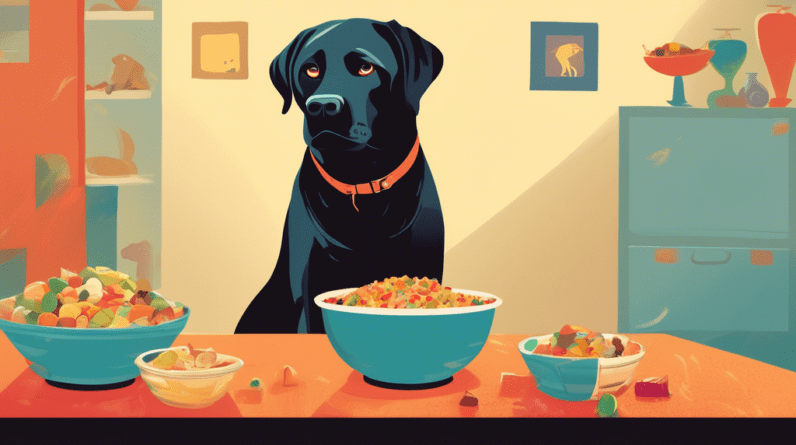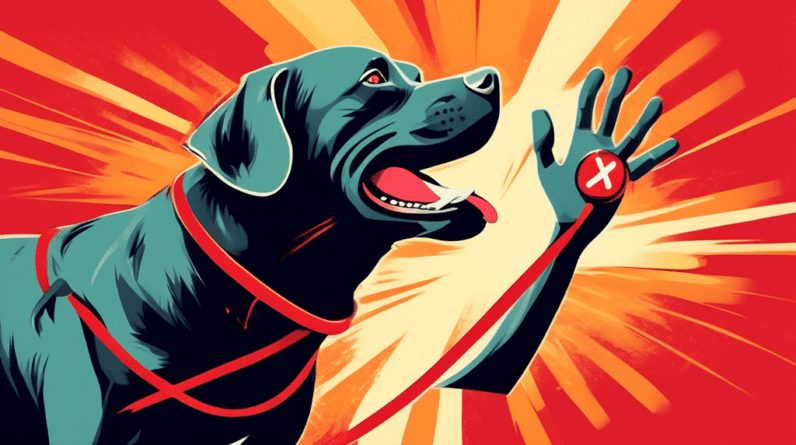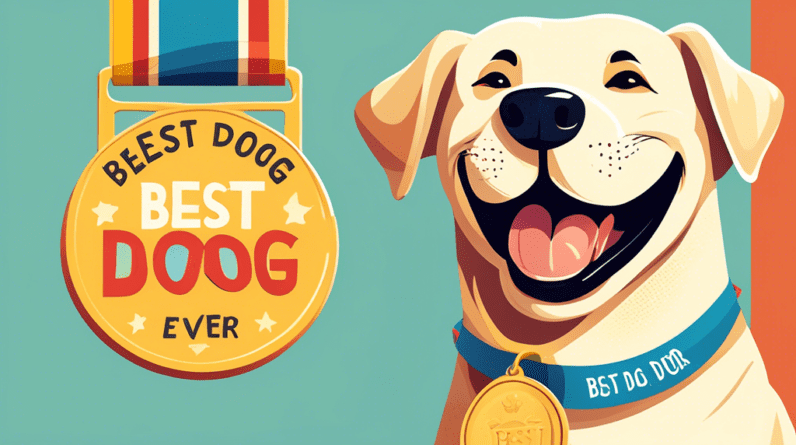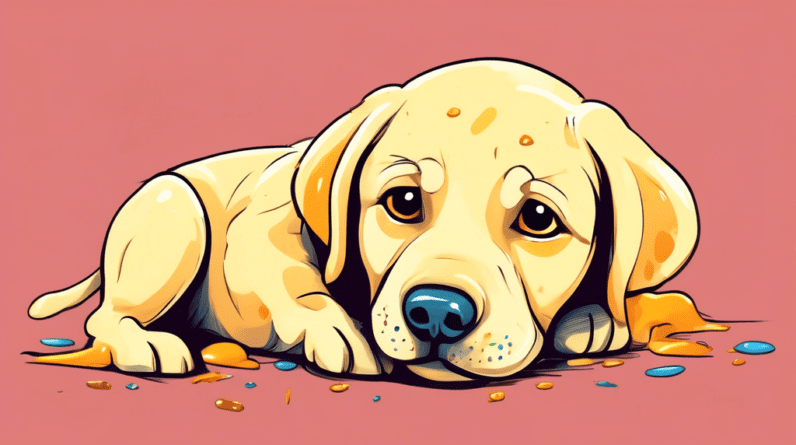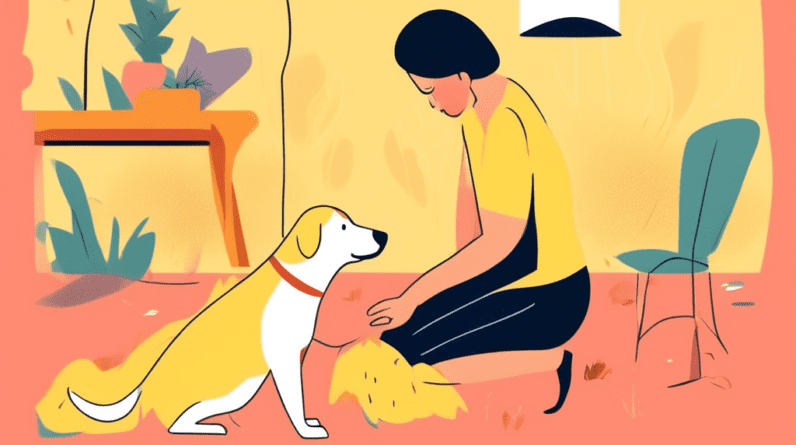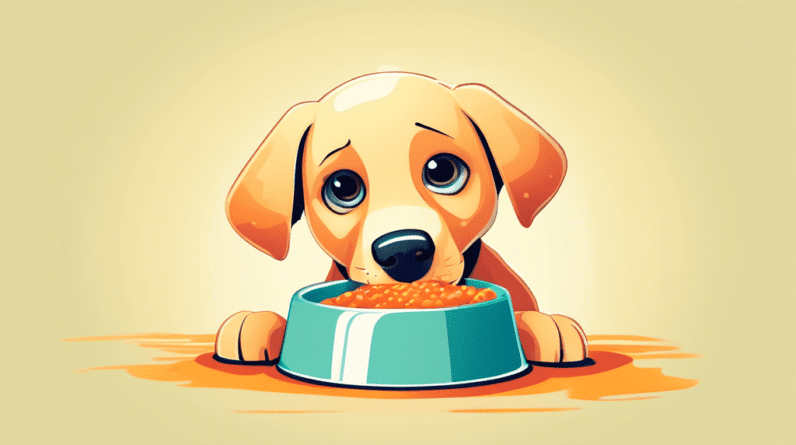
Why Does My Lab Puppy Always Seem Hungry?
Labrador Retrievers are notorious for their love of food. If you’ve ever owned one, you know the pleading eyes and relentless tail wags that accompany mealtime. While Labs are naturally food-motivated, that ever-present hunger, especially in puppies, can be concerning for new owners.
Understanding Your Lab Puppy’s Nutritional Needs
Puppies, regardless of breed, have different nutritional needs than adult dogs. They’re growing rapidly and developing vital organs, bones, and muscles. Labrador puppies, in particular, are known for their fast growth spurts. This rapid development requires a higher caloric intake and specific nutrient ratios compared to their adult counterparts.
Factors Influencing Your Lab Puppy’s Appetite
Several factors can contribute to your Lab puppy’s seemingly insatiable appetite. Here are some of the most common:
1. Age and Growth Stage:
As mentioned earlier, puppies need more calories and nutrients than adult dogs. The younger the puppy, the more pronounced this need will be. During peak growth phases, your Lab puppy may seem like a bottomless pit! Don’t worry; this is perfectly normal.
2. Breed Predisposition:
Labrador Retrievers, along with Golden Retrievers and a few other breeds, are genetically predisposed to a strong food drive. This stems from their history as hunting dogs bred to retrieve waterfowl. This inherent drive can sometimes make it seem like your Lab puppy is always hungry, even if they’ve just eaten.
3. Activity Level:
Just like human athletes, active puppies burn more calories. If your Lab puppy is a ball of energy, constantly playing and exploring, their food requirements will be higher than a less active puppy of the same age and breed.
4. Type of Food:
The quality and composition of your puppy’s food play a significant role in their hunger levels. Low-quality foods often lack the necessary nutrients, leading your puppy to feel hungry more quickly. Switching to a high-quality, nutrient-dense puppy food formulated for large breeds can help regulate your Lab’s appetite.
5. Feeding Frequency:
Puppies have smaller stomachs than adult dogs and can’t consume as much food in one sitting. This means they need to eat more frequently throughout the day to meet their nutritional needs.
6. Medical Conditions:
While a hearty appetite is typical for Lab puppies, excessive hunger can sometimes indicate underlying medical conditions. Parasites, for example, can consume nutrients from your puppy’s food, leaving them perpetually hungry. Similarly, metabolic disorders can affect your puppy’s ability to absorb nutrients, leading to increased hunger.
Feeding Guidelines for Your Lab Puppy
Establishing a proper feeding schedule and understanding the correct portion sizes for your Lab puppy is crucial. Overfeeding can lead to rapid weight gain, which can be detrimental to their developing joints and overall health. Follow these guidelines, and always consult with your veterinarian for personalized recommendations:
1. Choose a High-Quality Puppy Food:
Opt for a reputable brand of puppy food specifically formulated for large breeds. Look for food with high-quality protein sources as the first few ingredients and avoid foods with excessive fillers, artificial colors, and flavors. Your veterinarian can guide you towards brands and formulas best suited for your Lab puppy’s age and health status.
2. Follow Feeding Charts as a Guideline:
Most quality puppy foods provide feeding charts based on your puppy’s weight and age. However, these charts should be used as a starting point. Each puppy is an individual, and their activity level, metabolism, and overall health can influence their dietary needs.
3. Divide Daily Food Portions into Multiple Meals:
Young Lab puppies (under six months) generally require three to four meals per day. As they grow older, you can gradually reduce the frequency to two meals per day.
4. Monitor Your Puppy’s Weight and Body Condition:
Regularly weigh your Lab puppy and assess their body condition. You should be able to feel their ribs with slight pressure but not see them prominently. If you’re unsure, consult your veterinarian, who can help you determine if your puppy is at a healthy weight.
5. Avoid Free Feeding:
While convenient, free feeding (leaving food out all day) isn’t recommended for Lab puppies. It makes it difficult to monitor their food intake, potentially leading to overeating and weight gain. Structured mealtimes also provide opportunities for training and bonding.
6. Consult Your Veterinarian:
Regular veterinary checkups are vital for your Lab puppy’s overall well-being. During these visits, your veterinarian will monitor your puppy’s growth, assess their body condition, and address any concerns you might have about their diet or appetite.
Addressing Concerns About Overeating
If you’re concerned that your Lab puppy is eating too much, even after following the feeding guidelines, consult your veterinarian. There may be underlying factors contributing to their increased appetite, such as:
1. Medical Conditions:
As mentioned earlier, certain medical conditions can lead to increased hunger. Your veterinarian can rule out any potential issues through a physical examination and diagnostic testing.
2. Behavioral Issues:
Some dogs, including Labs, can develop food-related behavioral issues, such as guarding food or eating too quickly. If you suspect your Lab puppy’s eating habits stem from behavioral issues, consult with a certified canine behaviorist or veterinarian specializing in animal behavior.
Food Puzzles and Enrichment
Labradors are intelligent dogs that thrive on mental stimulation. Incorporating food puzzles and enrichment activities into their routine can help satisfy their natural foraging instincts and keep them entertained.
Here are a few ideas:
- Puzzle feeders: These toys dispense food as your dog interacts with them, encouraging them to work for their meals.
- Kongs: These durable rubber toys can be stuffed with a variety of treats and frozen for a longer-lasting challenge.
- Snuffle mats: These mats mimic grass and allow you to hide treats for your dog to sniff out.
- Scatter feeding: Instead of using a bowl, scatter your puppy’s food in a designated area for them to find. This encourages natural foraging behaviors.
Conclusion
Labrador Retrievers are known for their love of food, and their puppyhood is no exception. Their seemingly insatiable appetites are often a combination of their breed, age, activity level, and the crucial developmental stage they’re going through. By providing your Lab puppy with a high-quality diet, adhering to a structured feeding schedule, and monitoring their weight and overall health, you can ensure they receive the nourishment they need to thrive while managing their hearty appetite. Remember, regular veterinary checkups are crucial for addressing any concerns and ensuring your Lab puppy grows into a healthy and happy adult dog.

